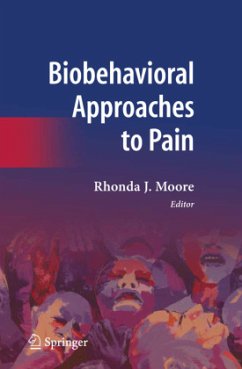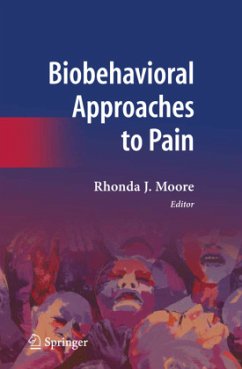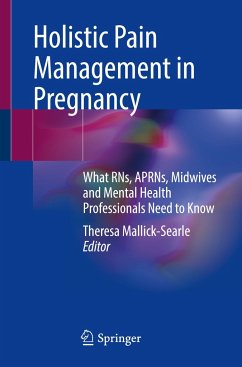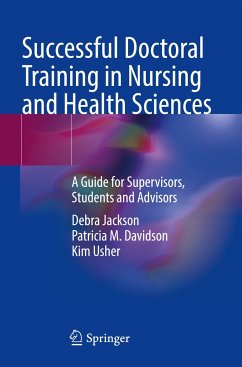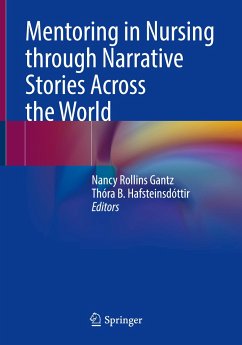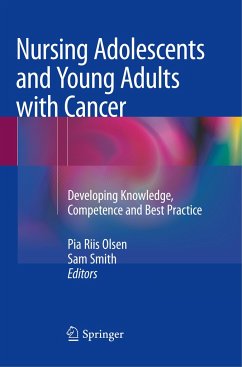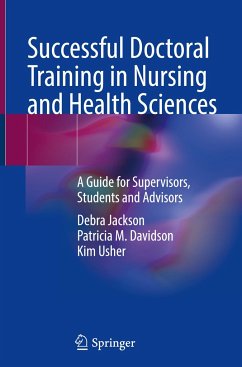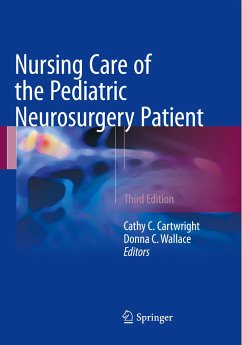
Genomics of Pain and Co-Morbid Symptoms

PAYBACK Punkte
25 °P sammeln!
This book provides an overview of the field of pain genomics and the genomics of related, or co-occuring, symptoms, the current state-of-the-science, and challenges that remain. It brings differing views in the field together and provides examples of translational science from using cellular and rodent models to human clinical trials. This book's structure leads the reader through the physiology of pain and genomics into how pain is studied, mechanisms of acute and chronic pain, various protocols that are used throughout the field along with the pros/cons of the current methods used, and proje...
This book provides an overview of the field of pain genomics and the genomics of related, or co-occuring, symptoms, the current state-of-the-science, and challenges that remain. It brings differing views in the field together and provides examples of translational science from using cellular and rodent models to human clinical trials. This book's structure leads the reader through the physiology of pain and genomics into how pain is studied, mechanisms of acute and chronic pain, various protocols that are used throughout the field along with the pros/cons of the current methods used, and project into the future of pain genomics. This work is intended for classroom teaching, for nurses, for novice researchers in symptom science and pain research as well as students and postdoctoral fellows.





